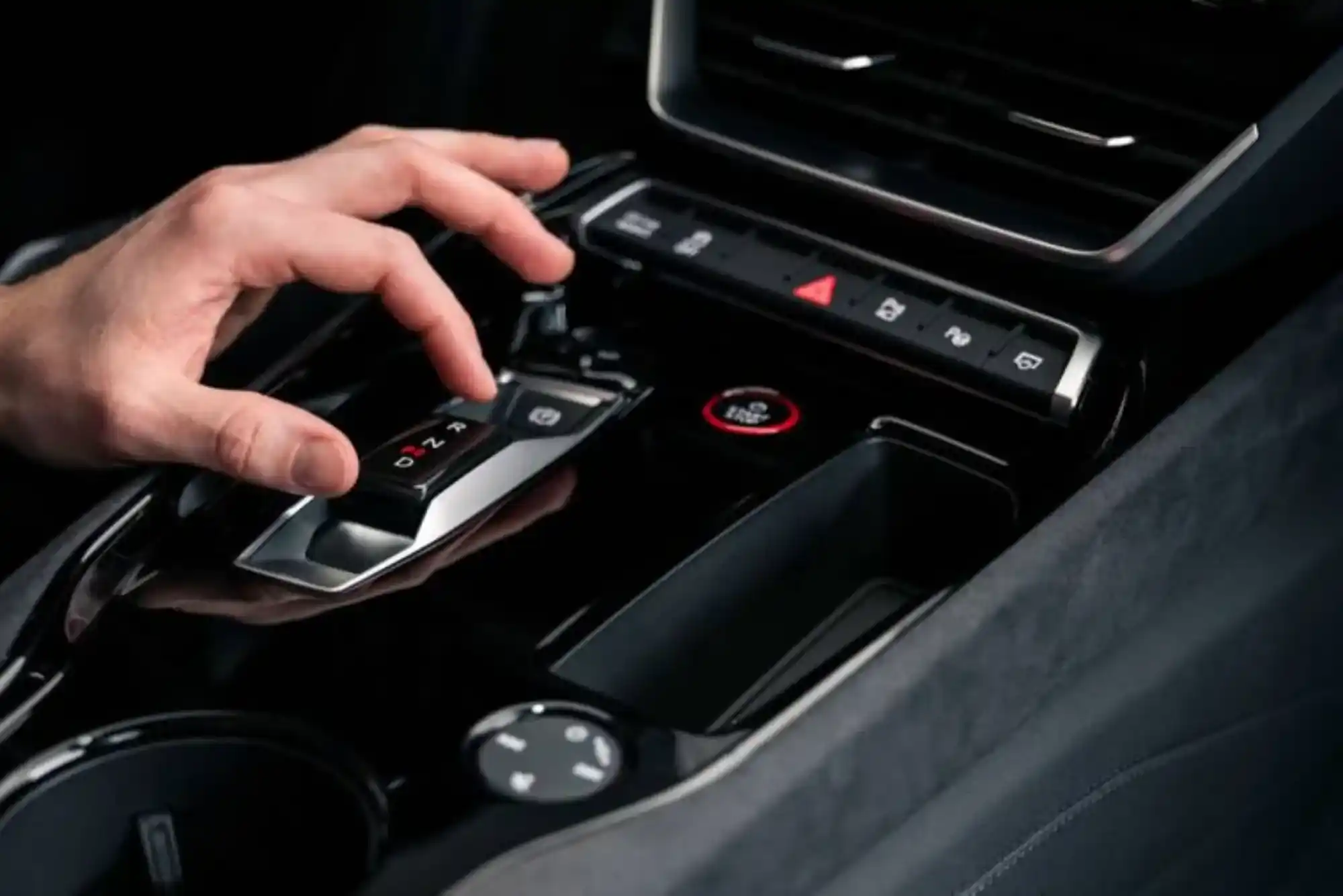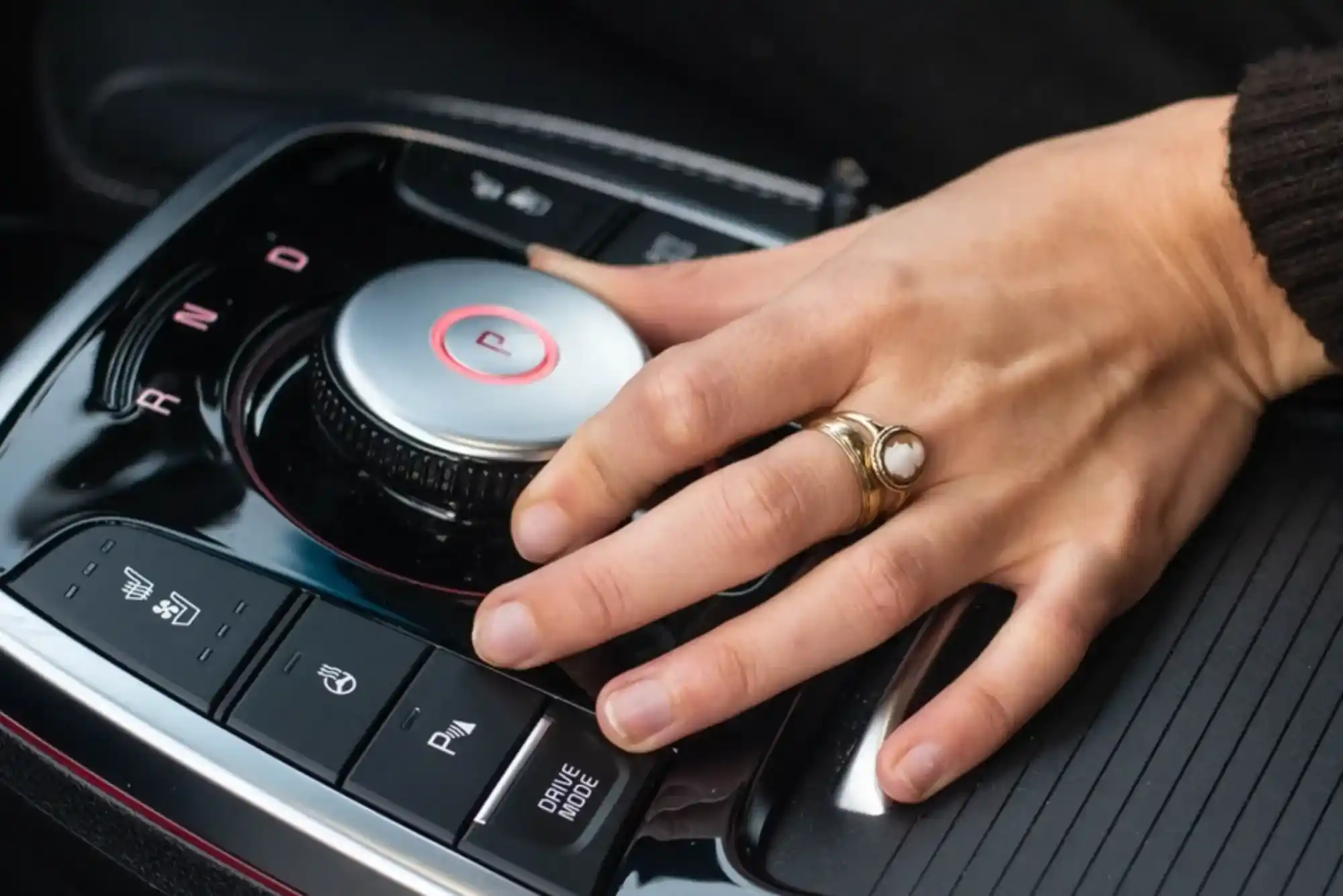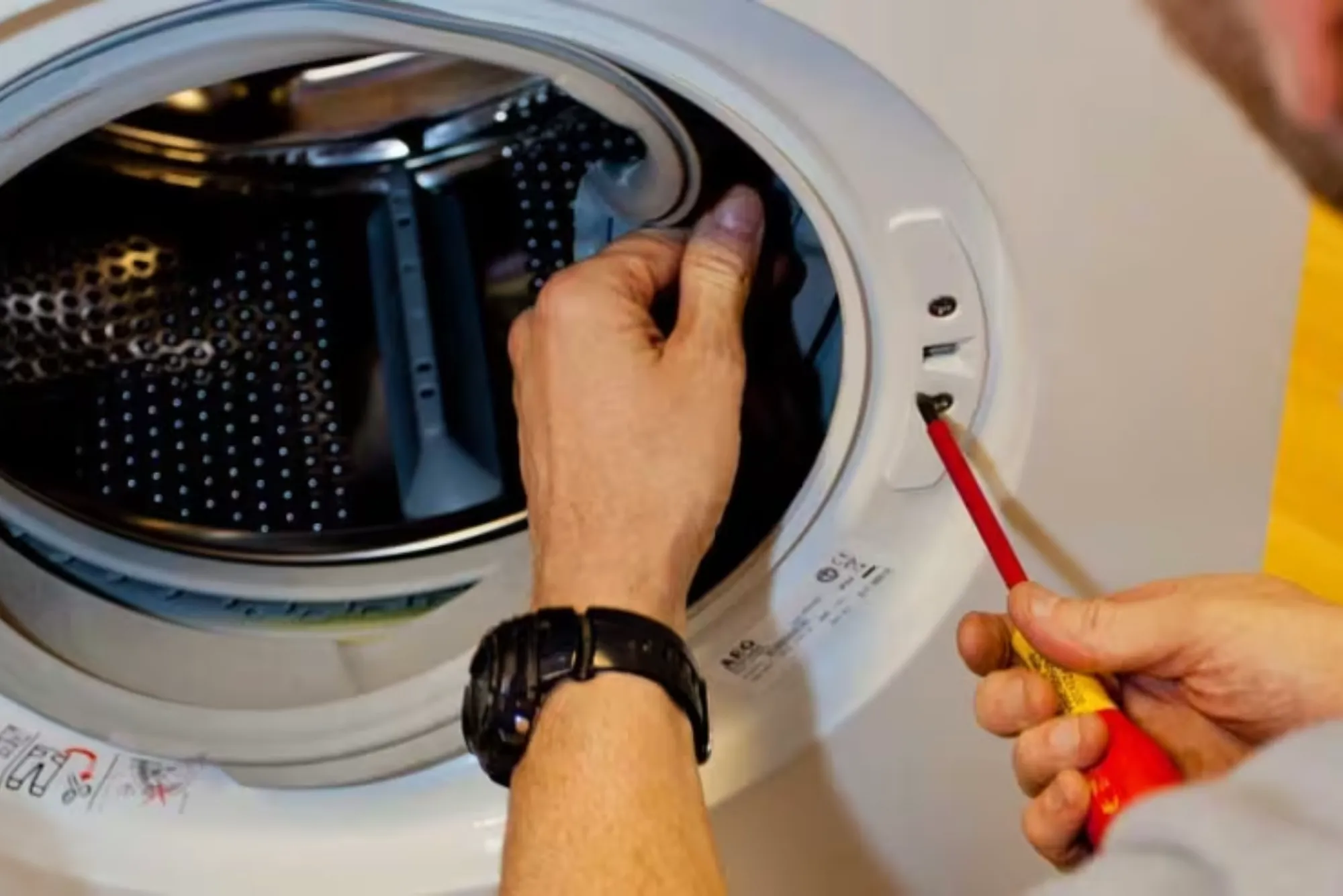With the increasing shift towards electric vehicles (EVs), many drivers and enthusiasts are curious about how they function compared to traditional gasoline-powered cars. One common question that arises is: Do EV Cars Have Gears? Unlike conventional vehicles with combustion engines, EVs operate differently in terms of power delivery, transmission, and overall mechanics.
This article delves into the fascinating world of electric vehicles, explaining their gear systems, how they differ from traditional XUV cars, and why EVs are revolutionizing the automotive industry.
Understanding the Role of Gears in Traditional Vehicles
In order to understand whether EV cars have gears, it’s essential to first comprehend the role gears play in traditional internal combustion engine (ICE) vehicles. Gears in traditional cars are vital for controlling the power output of the engine.
As a driver accelerates or decelerates, the gears help manage the power and torque, ensuring that the vehicle operates efficiently across a range of speeds. This is especially true in XUV cars, where the need for power, torque, and speed balance is critical when navigating various terrains.
ICE vehicles use a multi-speed transmission system, typically ranging from five to eight gears, depending on the car’s make and model. The reason multiple gears are needed is that the engine operates within a certain RPM (revolutions per minute) range, and the transmission helps keep the engine within that range, even when the car’s speed changes.
The Difference Between Electric Motors and Combustion Engines
Electric vehicles, on the other hand, are powered by electric motors rather than internal combustion engines. The fundamental difference between the two lies in how power is delivered. Electric motors generate torque instantly and can operate across a broad RPM range without the need for multiple gears to modulate power. In essence, the electric motor can continuously adjust to the needs of the car without shifting gears, making the driving experience smooth and seamless.
In traditional XUV cars, drivers often need to shift gears, either manually or through an automatic transmission, to optimize fuel efficiency and performance. With an EV, there is no need for such adjustments, as the electric motor can adapt to different driving conditions on its own.
Do EV Cars Have Gears?

The simple answer to this question is that most EV cars do not have a multi-speed transmission like traditional vehicles. Instead, they are typically equipped with a single-speed transmission. The single-speed transmission works because the electric motor is capable of delivering consistent power across a wide range of speeds, which eliminates the need for multiple gears.
However, there are a few exceptions. Some high-performance electric vehicles, like the Porsche Taycan, feature a two-speed transmission to enhance acceleration and top speed. But these cases are rare, and for most drivers, a single-speed transmission is more than sufficient.
The simplicity of the electric motor and the single-speed transmission is one of the key advantages of EVs over traditional cars. It makes driving more intuitive and less stressful, particularly in city traffic where frequent gear changes are necessary with conventional vehicles. In addition, the absence of gears reduces mechanical wear and tear, leading to fewer maintenance requirements.
How Do EV Cars Perform Compared to XUV Cars?
When comparing EV cars to XUV cars, the difference in performance is noticeable, particularly in terms of acceleration. Due to the nature of electric motors, EVs can deliver instant torque, allowing them to accelerate more quickly and smoothly than XUV cars with internal combustion engines. This is one of the reasons why many drivers report that electric cars feel more responsive and agile on the road.
However, when it comes to off-road performance, XUV cars still have the upper hand. The multi-speed transmission in traditional XUVs allows for better control in challenging terrains, where lower gears are needed to maximize torque and traction. For drivers who frequently venture off the beaten path, the mechanical advantages of gears in XUV cars are still important.
That being said, advancements in EV technology are rapidly closing this gap. There are now electric SUVs designed for off-road use, equipped with powerful motors and specialized traction control systems that rival the performance of traditional XUVs. In fact, as the demand for electric vehicles grows, we can expect to see more innovations that cater to different driving needs.
The Role of Mubarak Auto Spare Parts in EV and XUV Maintenance
As electric vehicles become more popular, it’s crucial to have access to reliable spare parts for maintenance and repairs. This is where companies like Mubarak Auto Spare Parts come into play. Whether you’re driving a conventional XUV or one of the latest EVs, having a trusted source for high-quality auto parts is essential for keeping your vehicle in top condition.
For XUV cars, Mubarak Auto Spare Parts offers a wide range of components designed to maintain peak performance in even the most challenging driving conditions. From transmission parts to suspension systems, their extensive inventory ensures that XUV drivers can keep their vehicles running smoothly.
As for EVs, while they may require fewer mechanical parts compared to traditional cars, regular maintenance is still important. Mubarak Auto Spare Parts is keeping pace with the growing EV market by providing specialized components that cater to the unique needs of electric vehicles. From battery replacements to electrical system repairs, they are a valuable resource for EV owners.
Why EVs Are the Future of Transportation

There are several reasons why electric vehicles are poised to dominate the automotive industry in the coming years. One of the key factors is their simplicity. Without the need for complex multi-gear transmissions, electric vehicles are easier to maintain, more efficient, and provide a more pleasant driving experience. The reduced number of moving parts also means that EVs are generally more reliable than traditional vehicles, with fewer opportunities for mechanical failure.
Additionally, the environmental benefits of EVs cannot be overstated. As the world shifts towards renewable energy sources, electric cars offer a cleaner alternative to gasoline-powered vehicles, reducing greenhouse gas emissions and helping to combat climate change. Governments and automakers alike are investing heavily in EV technology, further accelerating their adoption.
For drivers who are considering making the switch from a traditional car to an EV, understanding the mechanics of electric vehicles, including the answer to “Do EV Cars Have Gears?” is an important step in making an informed decision. The good news is that EVs offer a simpler, more efficient driving experience without the need for complex gear systems, making them an attractive option for modern drivers.
Most electric vehicles do not require gears due to the unique nature of their electric motors, which can operate across a broad range of speeds without needing to shift. This sets them apart from traditional XUV cars, which rely on multi-speed transmissions to modulate power and optimize performance.
As the automotive world continues to evolve, companies like Mubarak Auto Spare Parts are playing a vital role in supporting both EV and XUV drivers by providing top-quality components for maintenance and repairs.



